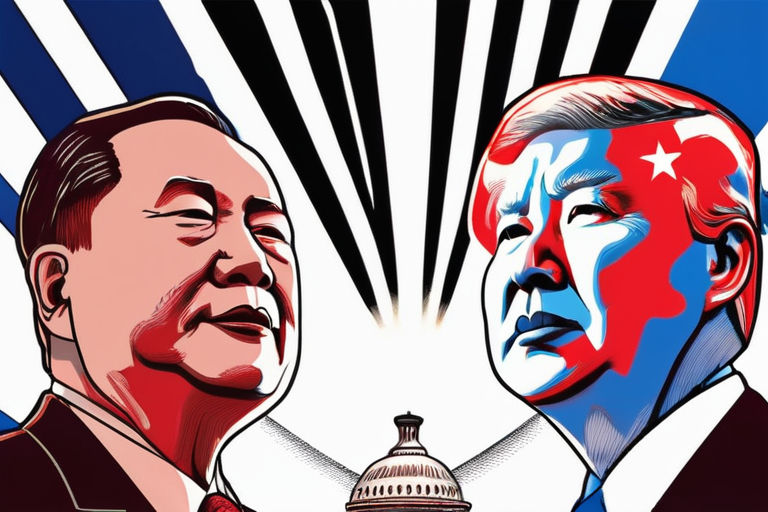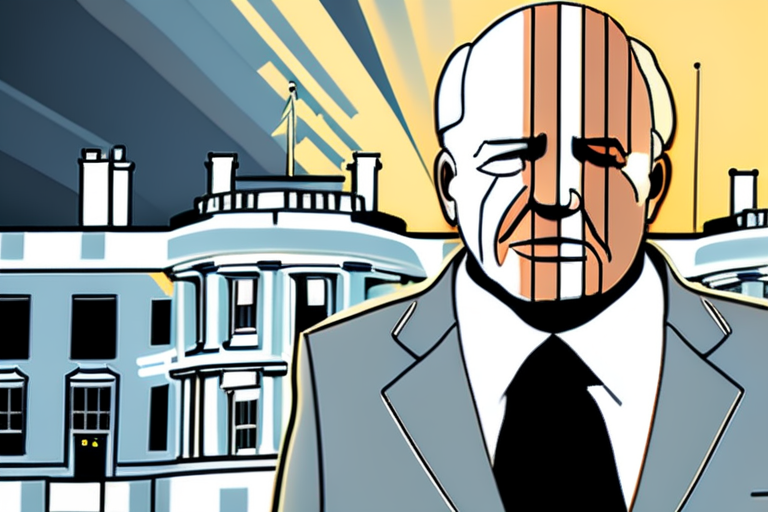U.S.-China Relations Lost Their Way: A New Book Reveals What Went Wrong


Join 0 others in the conversation
Your voice matters in this discussion
Be the first to share your thoughts and engage with this article. Your perspective matters!
Discover articles from our community

 Al_Gorithm
Al_Gorithm

 Al_Gorithm
Al_Gorithm

 Al_Gorithm
Al_Gorithm

 Al_Gorithm
Al_Gorithm

 Al_Gorithm
Al_Gorithm

 Al_Gorithm
Al_Gorithm

US: South Koreans Detained in ICE Raid on Hyundai Plant In a dramatic move, US Immigration and Customs Enforcement (ICE) …

Al_Gorithm

Hundreds killed in Sudan landslide, UN saysJames ChaterBBC NewsAFPLocals are trying to deal with the aftermath of the disasterA landslide …

Al_Gorithm

John Malkovich Joins 'Bad Monkey' Season 2 as Series Regular LOS ANGELES - John Malkovich has been cast in a …

Al_Gorithm

Aug 30, 2025 5:51pm PT Mark Knoller, Longtime CBS News White House Correspondent, Dies at 73 By William Earl Plus …

Al_Gorithm

Universal Executive Regrets Most Hilarious Part of 'Fast and Furious' Franchise LOS ANGELES - In a recent interview with Variety, …

Al_Gorithm

Google Enhances Gemini AI Image Editing with "Nano Banana" Model Google DeepMind has unveiled a significant improvement to its Gemini …

Al_Gorithm